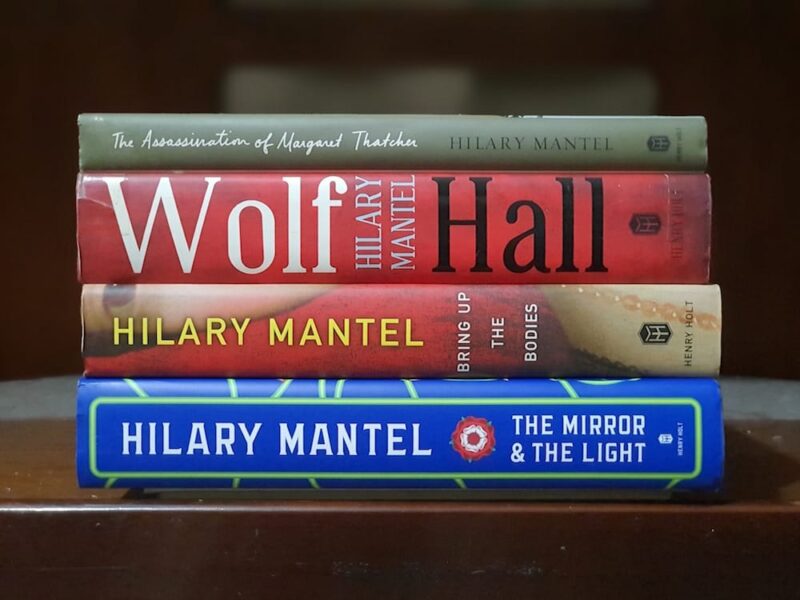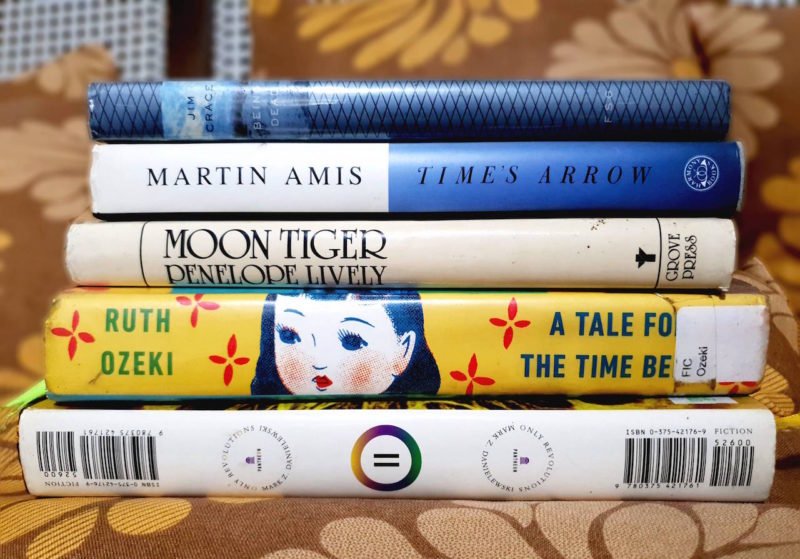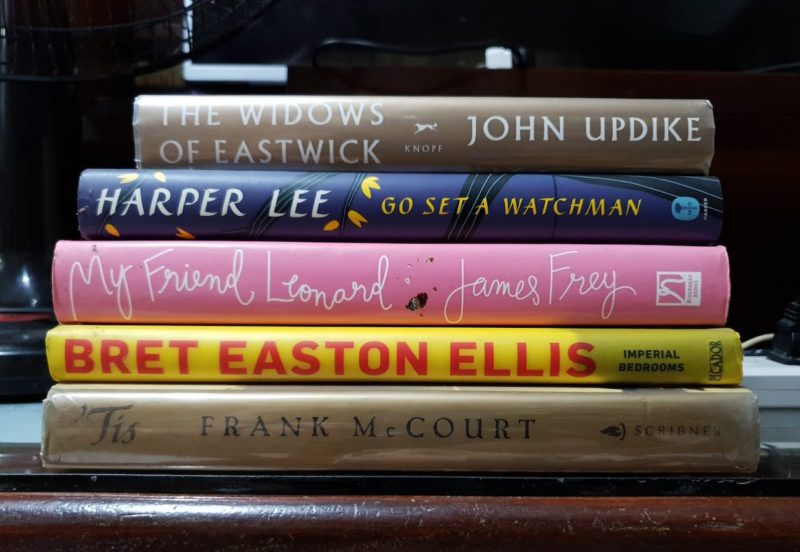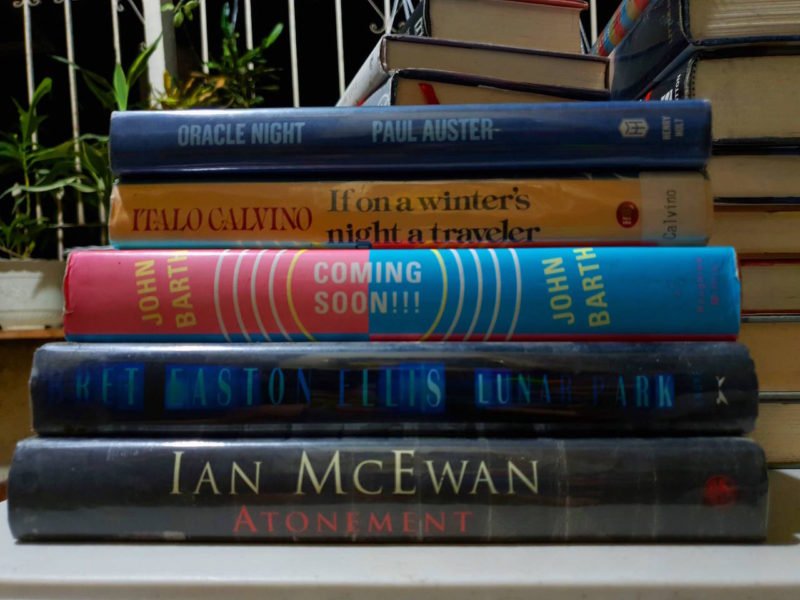The Kraus Project (2013)
Jonathan Franzen offers and annotates his comprehensive new translations of Karl Kraus (1874-1936), the Viennese satirist who was one of Europe’s most perceptive authors. In this book, Franzen deconstructs Kraus’s complex ideas and convoluted theories in order to demonstrate their relevance to today’s America. Like Kraus in Vienna at the turn of the century, Franzen examines the current cultural world and what passes for journalism today. Franzen also shares an intimate look back into his year out of academia when he met Kraus and fell in love with his writings.
The Kraus Project is a dissection of two famous Karl Kraus essays, “Heine and the Consequences” (1910) and “Nestroy and Posterity” (1912), both in German and English translation. Because most of Franzen’s notes in The Kraus Project are eloquent and insightful, the book comes to life. However, due to his annotations’ tendency to obscure the actual source material, critics tend to focus their attention on them instead of Kraus’ work. Ironically, it has taken a celebrated novelist like Franzen to bring a great figure like Kraus to our attention.
How to be Alone (2002)
How to Be Alone is a book of essays by Jonathan Franzen. It contains Franzen’s personal writings and the meticulous (sometimes humorous) reporting that made him a well-known author even before his award-winning novel, The Corrections, became a worldwide sensation. Some of the writings included in this collection are about his father’s Alzheimer’s condition and his short stint on Oprah Winfrey’s show.
The pieces in this book provide a look at some of the most contentious problems in American society. The essays in this collection cover a wide variety of topics—from the sex-advice industry to the inner workings of a maximum security prison—all revolving around Franzen’s recurring themes of postmodern America’s loss of civic and private dignity and its pervasive sense of isolation and isolationism.
The Twenty-Seventh City (1988)
The Twenty-Seventh City is Jonathan Franzen’s debut novel about a dystopian metropolis set in a fictitious version of St. Louis. The fictional city, mostly made up of impoverished immigrants, serves as the backdrop for a multilayered thriller where a family is torn apart by sophisticated political intrigue and financial turmoil.
Jammu is a former police commissioner from Bombay who now heads the police. Soon, the city’s prominent people get entangled in an all-encompassing political scheme when Jammu together with two other Indian women orchestrate a multi-tiered real estate fraud. They entice and persuade important St. Louis officials to back their objectives, or else Jammu fabricates reports about a local terrorist group and blackmails politicians who refuse to cooperate with her.
The book is an incredibly innovative and well-imagined accomplishment, but with problems regarding its portrayal of women. From this novel, Franzen would later develop his signature characterization of the foibles of the Midwestern nuclear family, as reflected in his subsequent works, particularly over the course of his next three novels.
The Corrections (2001)
Jonathan Franzen’s The Corrections is the story of an elderly Midwestern couple, Alfred and Enid Lambert, and how they navigate the mid-20th century as they try to celebrate “one more Christmas” together with their three grown children, Gary, Chip, and Denise.
One of the book’s major themes is retirement and the aging population. While the book revolves around the Lambert’s dysfunctional family, with a focus on the parents’ neuroses and the children’s screwed up lives, it is an exhaustive treatise that examines every aspect of American society using the aspirations and foibles of a Midwestern family. The book won the National Book Award for Fiction in 2001.
Freedom (2010)
What is freedom, as shown by Jonathan Franzen? Freedom is Franzen’s hilarious and heartbreaking saga of modern love and marital bliss. The novel chronicles the lives of the Berglund family, mainly the parents, Patty and Walter, as their lives progress and, eventually, as their bliss comes tumbling down around them. The story explores the highs and lows of youth, midlife crisis, and the costs and benefits of living in sprawling suburbia.
Richard Katz, a former college classmate of Walter who is now a prominent rock singer, is an important character in the novel because he has a romantic relationship with Patty. Richard perfectly epitomizes the novel’s themes—Franzen paints him as an uncompromising truth-teller, a good-hearted individual who strives to do the right thing, but tragically, as someone who cannot help himself destroying the marriage of the two people he cares most about, for his own freedom.
Purity (2015)
Purity is a gripping tale of idealistic adolescence, unwavering loyalty, and murder. The novel is broken into six parts, each of which focuses on a different character. With “Purity” as the book’s title, it sets the reader up for high expectations as Franzen weaves a sweeping tale of a well-developed cast of characters. The book offers several criticisms on modernity, the Internet, and feminism.
Dickensian characters and plot twists abound in this novel, presented from the perspective of a young lady named Pip. Purity “Pip” Tyler intends to learn more about her roots while working with The Sunlight Project, an organization that deals with the world’s secrets. Pip’s search for her real father leads her to Andreas Wolf, a German-born hacker residing in Bolivia, and journalist Tom Aberant in Denver. This is a modern-day take on “Great Expectations,” as Pip’s name and circumstances imply.
Further Reading
Our Distraction: Franzen’s Kraus Project by Andrew Winer, Los Angeles Review of Books
But will Oprah love it? by Tim Adams, The Guardian
Jonathan Franzen’s First Novel Was Terrible by Parul Sehgal, Slate
The Corrections: Oprah and Jonathan Franzen Revisit Feud by Juli Weiner, Vanity Fair
Tough Love: A Review of Jonathan Franzen’s Freedom by Garth Risk Hallberg, The Millions
Purity by Jonathan Franzen review – dazzling, hilarious and problematic by Curtis Sittenfeld, The Guardian
The rise and fall and rise again of Jonathan Franzen by Constance Grady, Vox





